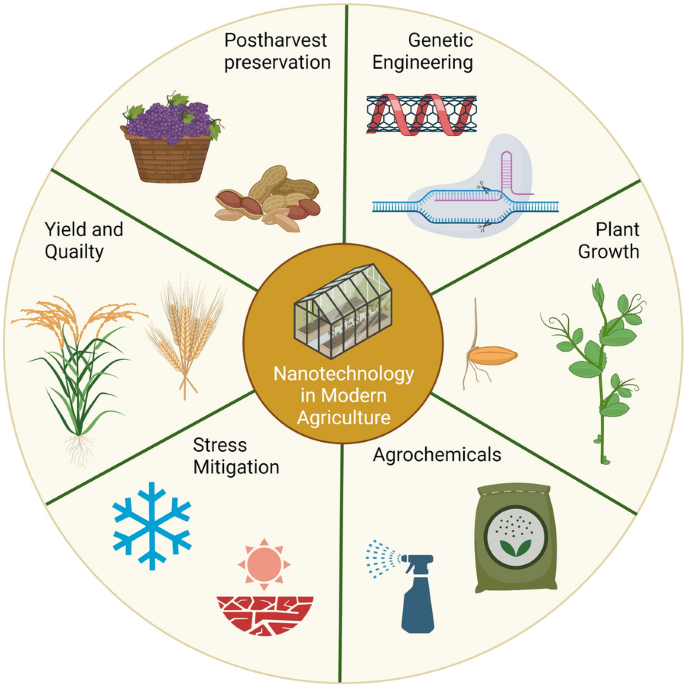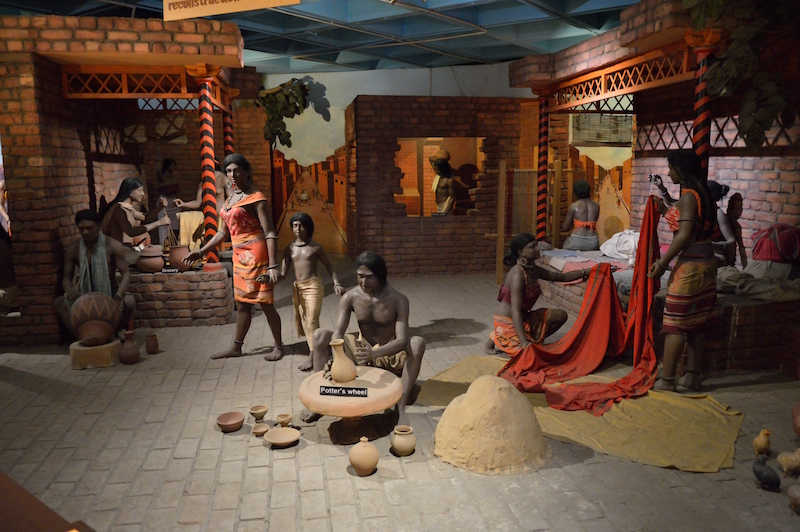In today’s fast-paced world, dominated by technology and industry, there is a growing desire to return to ancient knowledge. People are increasingly turning to Indigenous Knowledge Systems, seeking solutions that combine the best of both worlds. These systems, rich in ecological, health, and cultural wisdom, offer valuable insights into living sustainably and harmoniously with nature.
Understanding the Value of Indigenous Knowledge Systems for Modern Solutions
Indigenous Knowledge Systems consist of practices, skills, and worldviews that have been passed down through generations. They include valuable knowledge about the environment, health, and community life. This wisdom has stood the test of time, offering sustainable solutions to many modern challenges.
Why are these ancient systems gaining attention now? The reason lies in their holistic approach. As modern problems such as climate change, health crises, and social inequalities worsen, people are realizing that Indigenous Knowledge Systems offer practical, time-tested solutions that can help us build a better future.

Sustainable Farming: A Lesson From the Past
One reason Indigenous Knowledge Systems are making a comeback is their application in agriculture. Modern farming techniques, often reliant on chemicals, harm the environment. They degrade soil and biodiversity. In contrast, traditional farming methods focus on biodiversity, crop rotation, and sustainable land use.
For instance, farmers in the Andes or Africa have practiced agricultural techniques that maintain the health of the land while growing food. These methods not only preserve the soil but also improve long-term yields. As global farming practices face challenges, indigenous methods offer a path forward.
Holistic Healing: How Indigenous Wisdom is Transforming Healthcare Today
Another area where Indigenous Knowledge Systems are gaining traction is healthcare. While modern medicine is indispensable, many people seek a more holistic approach. Indigenous healing traditions, including herbal medicine and spiritual practices, offer alternative ways to treat illness and promote health.

Herbal remedies, for example, have been used for centuries to treat a variety of ailments. Today, many of these remedies are being studied by scientists for their effectiveness. As a result, people are turning to these natural solutions to complement modern healthcare, focusing on prevention and overall well-being.
Addressing Climate Change: Indigenous Wisdom for Modern Challenges
Climate change is one of the most pressing issues of our time. Indigenous Knowledge Systems offer valuable insights into how to address this global crisis. Indigenous communities have long understood the importance of working with nature, not against it. They have developed practices that promote sustainability and environmental stewardship.
For example, indigenous knowledge of water management, forest preservation, and soil restoration is essential in combating climate change. By incorporating these practices into modern strategies, we can create a more sustainable and resilient future.
Bridging the Gap: Technology’s Role in Reviving Indigenous Knowledge
Indigenous Knowledge Systems may seem distant from the modern world, but technology is helping bridge that gap. Digital tools and research are allowing indigenous communities to preserve and share their knowledge. These platforms are making it easier to document traditional practices and pass them down to future generations.
In addition, modern science is increasingly validating the efficacy of traditional knowledge. Researchers are finding that many indigenous practices are not only effective but often more sustainable than current technologies. This growing body of evidence is helping to build greater acceptance of Indigenous Knowledge Systems in mainstream society.
Integrating Ancient Wisdom: Why Indigenous Knowledge Matters for Our Future
Reviving Indigenous Knowledge Systems is not about rejecting modern technology; it’s about integrating the best of both worlds. These systems offer valuable lessons on sustainability, community cooperation, and living in harmony with nature. As we face global challenges, we must look to these systems for inspiration and guidance.
By adopting indigenous practices, we can address climate change, health crises, and social issues in a more sustainable way. Embracing this knowledge offers a path toward a more balanced and harmonious future.

Conclusion: A Balanced Future with Indigenous Wisdom
The revival of Indigenous Knowledge Systems marks a turning point in our approach to progress. It’s not just about looking back but learning from the past to build a better future. By integrating these ancient practices into modern life, we can create a world that is more sustainable, equitable, and in tune with nature.
Let’s not forget the wisdom that indigenous cultures offer. By embracing it, we can guide ourselves toward a more harmonious and resilient future.







More Stories
IndiGo Plunges Into Crisis: Questions Over Airline Planning
Asia at Boiling Point: How Weather Is Rewriting the Region’s Future
Maithili Thakur: From Folk Singing Sensation to Rising Political Star